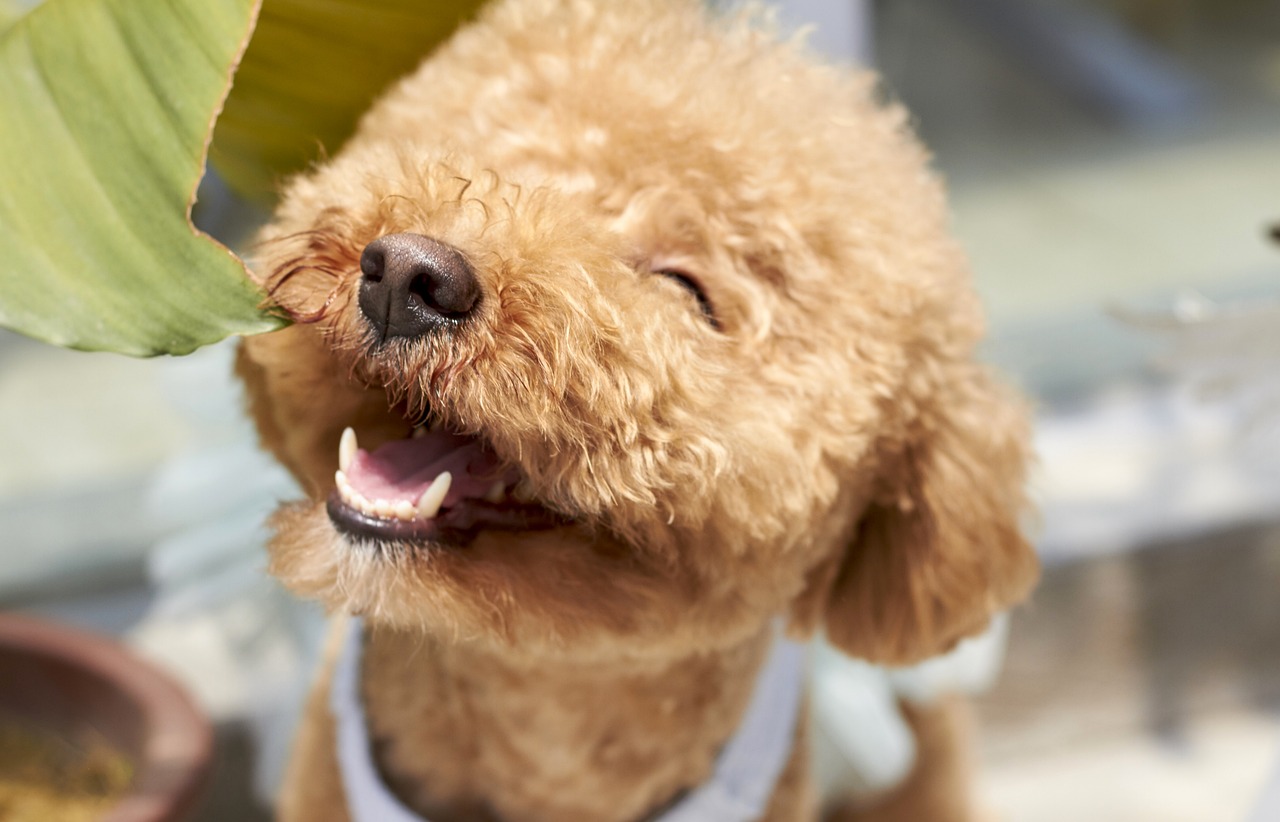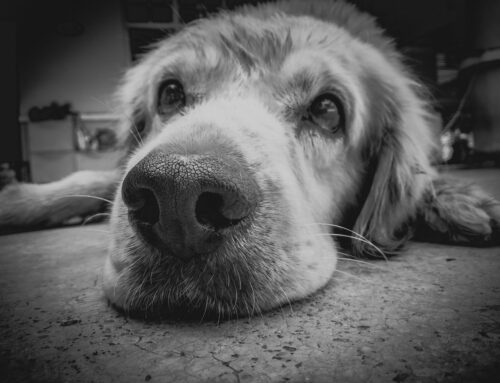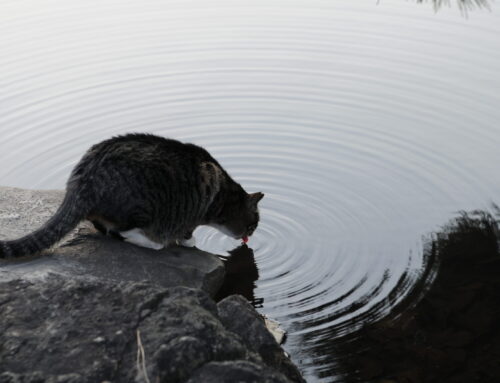There are several reasons why dental health is essential for dogs. Poor dental health can cause pain, discomfort, and even difficulty eating, negatively impacting their quality of life. In addition, untreated dental problems can lead to more severe health issues such as gum disease, tooth loss, infections, and even systemic diseases like heart and kidney disease.
Here are some additional tips and information to help you keep your dog’s teeth clean:
Introduce a dental care routine at an early stage
It is recommended to start a dental care routine for your dog as soon as possible. This can help your dog become accustomed to the process and make it easier to maintain their dental hygiene as they age. Puppies can begin getting their teeth brushed as early as eight weeks old.
Consider professional dental cleaning
Along with regular dental check-ups, it may be necessary to have your dog’s teeth professionally cleaned by a veterinarian. This typically involves scaling and polishing their teeth under anesthesia, which can help remove stubborn plaque and tartar buildup.
Monitor your dog’s breath
Persistent bad breath could indicate dental problems. If your dog has bad breath that doesn’t go away, it’s crucial to have their teeth checked by a veterinarian.
Refrain from feeding your dog human food that can damage teeth
Hard candy or bones can cause tooth fractures or even break teeth. Additionally, some human foods can lead to plaque and tartar buildup. To ensure your dog’s nutritional needs are met, feed them a balanced diet.
Use dental wipes
Dental wipes can be a suitable alternative if your dog doesn’t feel comfortable brushing their teeth. These wipes can be rubbed over your dog’s teeth and gums to help remove plaque and tartar.
Watch your dog’s chewing habits
Chewing on hard objects like rocks or sticks can cause tooth fractures or even break teeth. Some toys or chews can be too hard for your dog’s teeth and cause damage. It’s essential to provide your dog with appropriate toys and chews that are safe for their teeth.
Look out for signs of dental problems
In addition to bad breath, some signs of dental issues include loose teeth, bleeding gums, difficulty eating, or decreased appetite. If you observe any of these symptoms, it’s crucial to have your dog’s teeth checked by a veterinarian.
Use the correct toothbrushing technique
When brushing your dog’s teeth, use a soft-bristled toothbrush and dog-specific toothpaste. Brush the teeth and gums in gentle circular motions, and avoid applying too much pressure. Start with the front teeth and gradually work to the back teeth. Giving your dog praise and treats is essential to make the experience positive for them.
Use suitable dental chews and toys
Dental chews and toys can help keep your dog’s teeth clean, but it’s essential to select safe and effective products. Avoid chews that are too hard or abrasive, which can damage your dog’s teeth. Look for products that have been approved by the VOHC, as these are effective in reducing plaque and tartar buildup.
Consider a dental-specific diet
Feeding your dog a dental-specific diet can help maintain their dental health. These diets have specific kibble shapes and textures that can help clean teeth and may contain ingredients that help break down plaque and tartar. Discuss with your veterinarian if a dental-specific diet is appropriate for your dog.
Use a water additive
Water additives can help reduce plaque and tartar buildup on your dog’s teeth. Add the recommended amount of water additive to your dog’s daily drinking water. These products break down bacteria and plaque in your dog’s mouth.
Be aware of your dog’s dental health risks
Certain breeds and types of dogs may be more prone to dental problems than others. Small breeds and brachycephalic (short-snouted) breeds are examples of dogs that may be more susceptible to dental issues due to the shape and structure of their mouths. It
There are many ways to maintain your dog’s dental health, from brushing their teeth regularly to choosing appropriate chews and toys. By being aware of your dog’s risks and needs and working with your veterinarian to establish a dental care routine, you can help keep your dog’s teeth clean and prevent dental problems from occurring.





